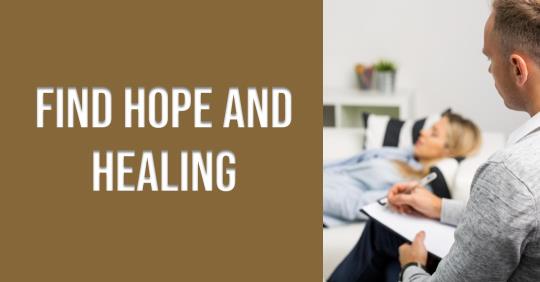Addictions of any type have many underlying causes, making the journey to sobriety difficult. Understanding addiction will significantly help the chances of being successful in the long run as you continue to work on your sobriety.
Joining treatment programs can give you the support needed to make a world of difference as you tackle this life-changing pursuit.
The Science Behind the Brain and Addiction
Several key factors relate to how the brain reacts to drug and alcohol dependence, such as type and number of drugs used, how frequent they are being used, and how long the addiction has been going on for.
Take cocaine use for example. Cocaine is a psychoactive drug that impacts brain regions that work to look after things like happiness and motivation.
Once cocaine is consumed, a brief burst of dopamine fills the brain, which causes this extreme sense of joy. This intense bliss can be so strong that it encourages the person to continue using the drug even more.
As cocaine use increases to combat the user’s rising tolerance, this can lead to life-threatening addiction as the user continues to increase the doses they consume. As soon as the chemical has entered the brain, the individual may begin feeling physical symptoms and changes in their nervous system.
Some of these drug and alcohol dependence symptoms can be a rapid heartbeat, a strong feeling of nausea, thoughts of paranoia or hallucinations, and several other sensations.
These sensations can result in the person becoming so consumed with maintaining their drug and alcohol dependence, making them act in unrecognizable ways to find their drug of choice at any cost.
How Addiction Rewards the Brain
Our brains are responsible for helping to regulate our body temperature, organize our thoughts and emotions, assist in decision-making, and manage to breathe. When it becomes under the control of some type of addiction to drugs or alcohol, brain function can be permanently changed.
Drug and alcohol dependence changes how the limbic system, which is responsible for releasing feel-good emotions, works with the rest of the brain and body. This means that every time someone uses drugs or alcohol, their brain releases this flood of intense feel-good emotions.
How the Brain deals with Addiction and Withdrawal
This cycle of addiction to drugs and alcohol is reinforced with the brain’s wiring to reward pleasurable behavior. As a result, this can keep someone in a dangerous, life-threatening cycle of powerful highs and extreme lows, which can cause feelings of desperation and depression.
Once the drug and alcohol dependence cycle is stopped, it can result in the person experiencing withdrawal symptoms. These symptoms can be mild or more intense depending on how long the person has been using the signs.
As the brain begins to heal and rewire itself, the individual may experience feelings of depression, anxiety, and uncontrollable cravings to use. As the withdrawal symptoms start to disappear, the individual may find they no longer have an addiction but a high tolerance or dependence on the drug or alcohol they used to consume.
After a while, the brain will adjust and reduce how many chemicals are released into the brain after the withdrawal. Professional treatment can help increase the chances of a successful journey to sobriety and help reduce the risks involved with possible relapse.
Get Support. Get Sober.
Taking the first step to recovery will put you on the path to manage your drug and alcohol dependence and give you the tools to handle triggers leading to a relapse.
Above all, taking this step will allow you to build a toolkit and lasting connections that will give you peace of mind as you pass through each stage of sobriety. Reach out to the Aspen Behavioral Group to learn how our staff can support you on your journey to recovery.



